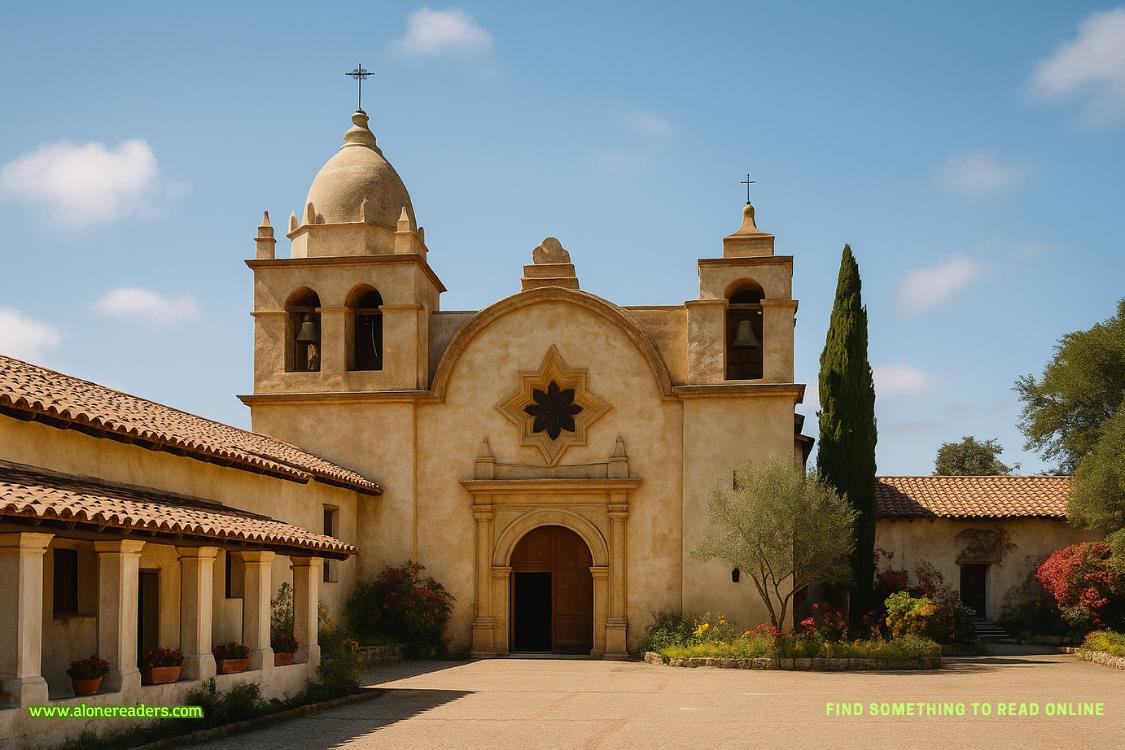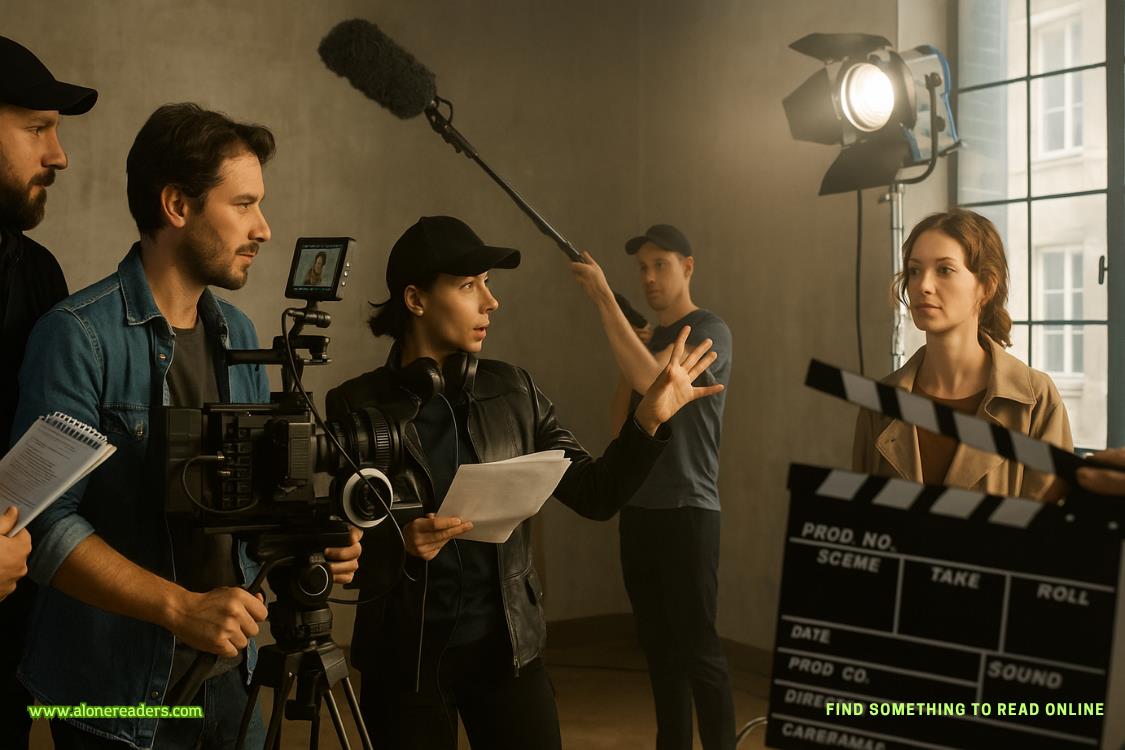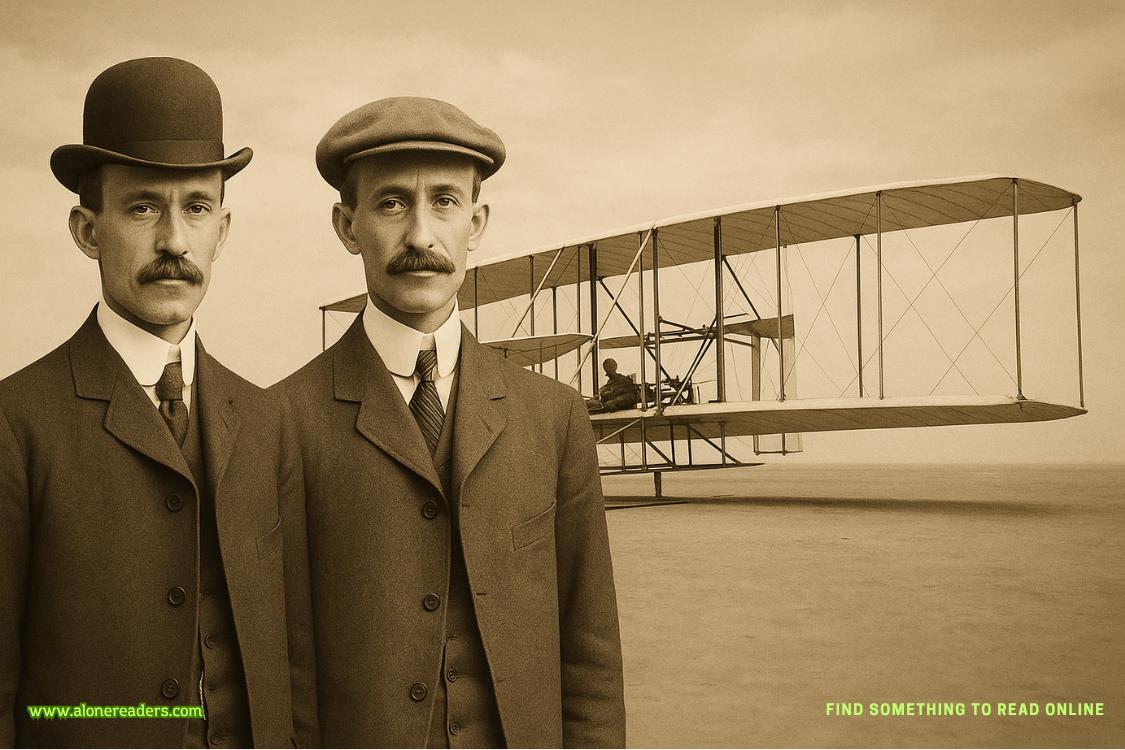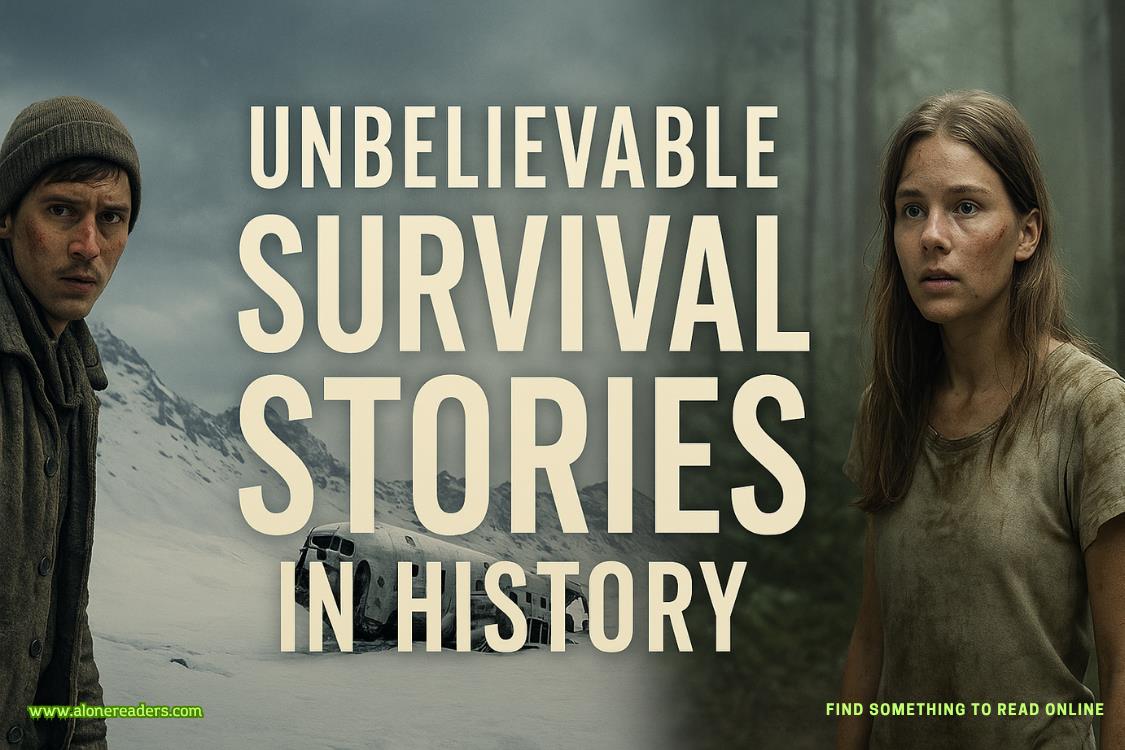“My brother was pleased when we went away. I really don’t know that he meant to ever have us back in Denlahn again. The monastery, Tal-Arohnd, was different than I expected. Filled with power and peace. It broke my world apart and slowly pieced it back together again. I repented. I healed. I grew used to the thin mountain air and the cold and the remoteness. I grew used to the Haldans’ way of life and how religion touches every part of it.”
“That’s what I want for Enduena,” said Eda. “That’s how it should be.”
“The Haldans’ weeks are divided into nine days, one for each god, and the monks relegate their duties accordingly: on Huen’s Day, they dig hollows in the earth, sit in them, and pray; on Uerc’s Day, they sit with their animals and sing to them. On Raiva’s Day, they tend their gardens, and so on. It was such a contrast to the frenetic pace of court life, but I learned to love the rhythm of it. Liah would paint the views from the mountain and I saw how at peace she was—that made me content.”
“What did the monks do for Tuer’s Day?” asked Eda quietly. “What did they think of the mark from your god?” She washed her questions down with more wine.
“They were wary of the mark at first. Wary of me. But the third month I was there they at last let me take part in Tuer’s Day. They climb partway up their cliff, and sit with their backs against the mountain, looking west toward Tuer’s Rise. That’s where they say Tuer’s Mountain is hidden.”
Eda nearly choked. “Tuer’s Mountain?”
Ileem peered up at her. “The monks believe Tuer himself is there, somewhere. Trapped in his own mountain. They claim they can hear him sometimes, his weeping tangled up with the wind.”
She tried to force herself to breathe evenly. The wine was making her head spin. She took another swig because she might as well, now.
“I heard it, too. I always hear my god, which is how I know the monks were telling the truth, even though I also know Rudion isn’t trapped. He can’t be—I’ve seen him.”
“We’ve both seen him.” Eda clenched the wine bottle tighter and lay back on the roof tiles beside Ileem, her head mere breaths away from his.
His dark eyes pierced her, and something more than the wine seared through her veins.
“I climbed up the cliff alone one morning at dawn. Liah had told me there was nothing like watching the sun rise over the peaks. She was right: the mountains turned to molten gold. That’s when Rudion came to me.”
“When he gave you your vision.”
“Yes. And when he’d finished admonishing me about my thirst for vengeance and the blood I’d spilled in his name, he looked straight through me and said ‘Find her. Free me.’ And then the sun was wholly above the peaks and Rudion was gone. That’s when I vowed to come here to forge peace. With you.” Ileem turned his left palm so Eda could see the crisscrossed map of scars that shimmered there, some old and white, from the time Rudion had marked him, some fresher, as if they had only recently healed. “I told Liah that Rudion had come to me. I told the monks, too. But they said it was impossible, that the god was lost to this Circle of the world long ago.”
The words of the Emperor’s ghost shuddered through her:The Circles are closed. I cannot get through.Shadow Niren had said something about the Circles too, in the Place of Kings.
“What did they mean by ‘the Circle’?”
Ileem raised his eyebrows. “You’ve never heard of the Circles of the world?”
Eda shrugged. “It’s an expression. Something we say when someone dies—that the One who was before everything gathers their soul to paradise, beyond the Circles of the world.”
“It’s more than an expression in Denlahn. Halda, too.”
“Tell me,” said Eda.
“There are four Circles. The first is the Circle of the Living.” Ileem gestured to the rooftop that spread out before them, the sky, the stars. “It’s the world itself, where we walk and breathe andare.The second is the Circle of the Dead, where souls wait to be gathered to paradise. The third is the Circle of Time, and the fourth and final the Circle of Sorrow.”
“How can the Circle of Sorrow be outside of Time?”
Ileem caught her eye. “Because sorrow can be greater than anything. Even time.”
Unbidden, Eda saw her parents, dead and cold as marble, wrapped in white sheets. She understood.
Ileem lapsed into silence and Eda focused on her surroundings: the press of the roof tiles into her shoulder blades and her spine, the kiss of the night air, the steady sound of Ileem’s breathing. But it couldn’t keep her panic at bay, couldn’t keep the words of the Emperor’s ghost and the ancient priest from the sacred pool from repeating themselves endlessly in her mind:
Seek the god.
Fulfill your vow.
Ileem turned toward her, his sleeves scraping against the tiles and sending a shower of tiny pebbles skittering. “All that to say, Your Imperial Majesty—whatever happened at the temple site this evening, whatever it is you saw—you can tell me. I’ll believe you. Or if you don’t want to tell me, I’ll understand. But I’m sure it’s nothing to be afraid of. And if it has to do withyourvow, I understand that, too. It is not an easy thing, to be fixed in the eye of a god.”
Eda blinked at him, lost in his gaze, in the sound of his voice. He intoxicated her, even more than his ridiculously strong wine. She wanted to forget everything else. She wanted to drown in him.
“Your Imperial Majesty,” he said softly, brushing her cheek with one finger. “You seem very far away.”















